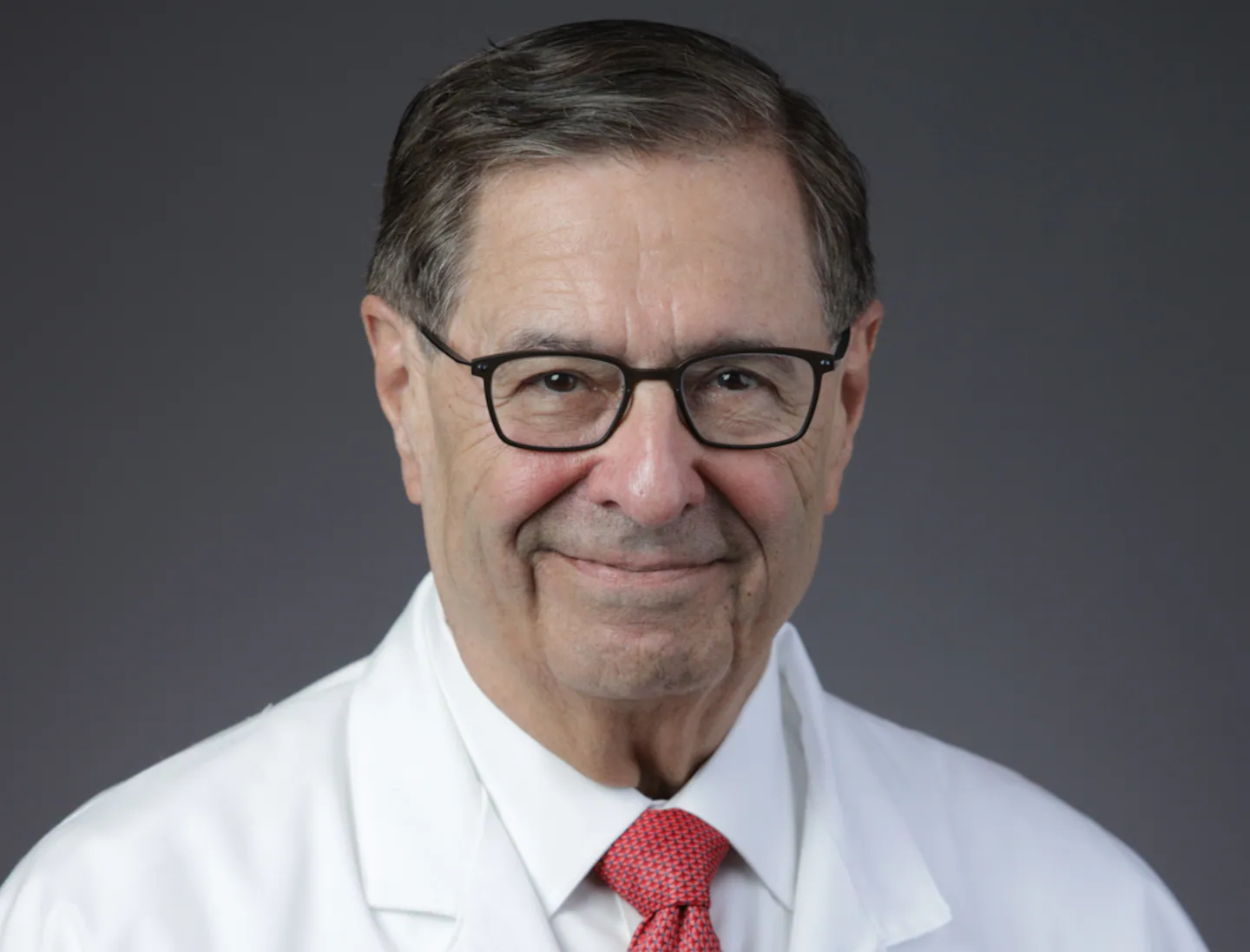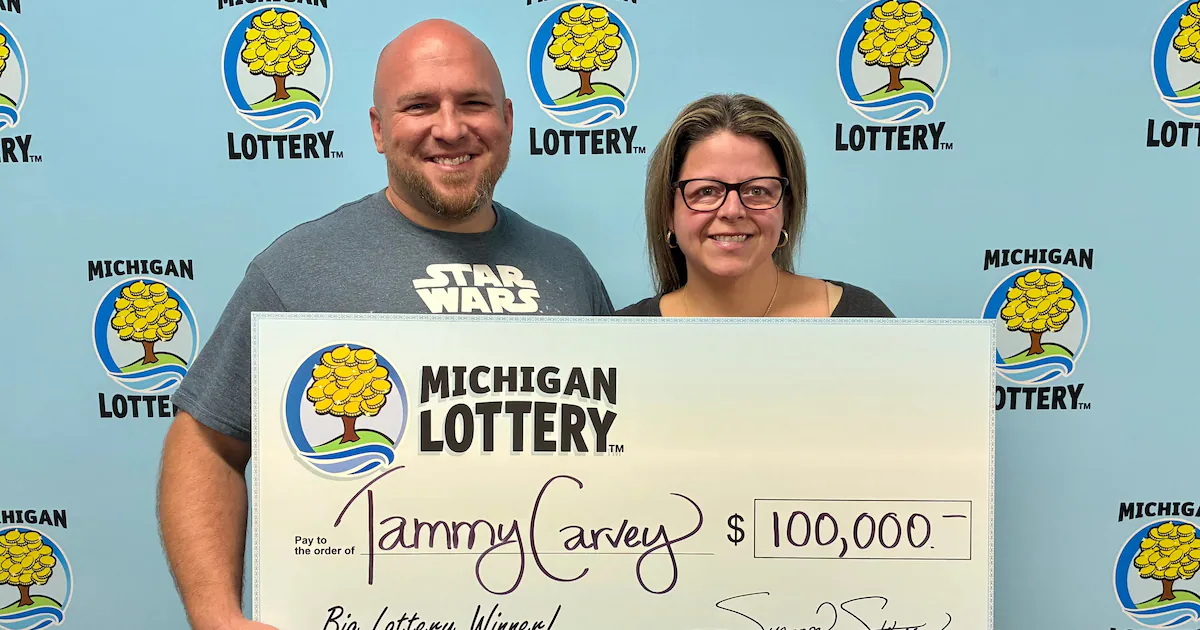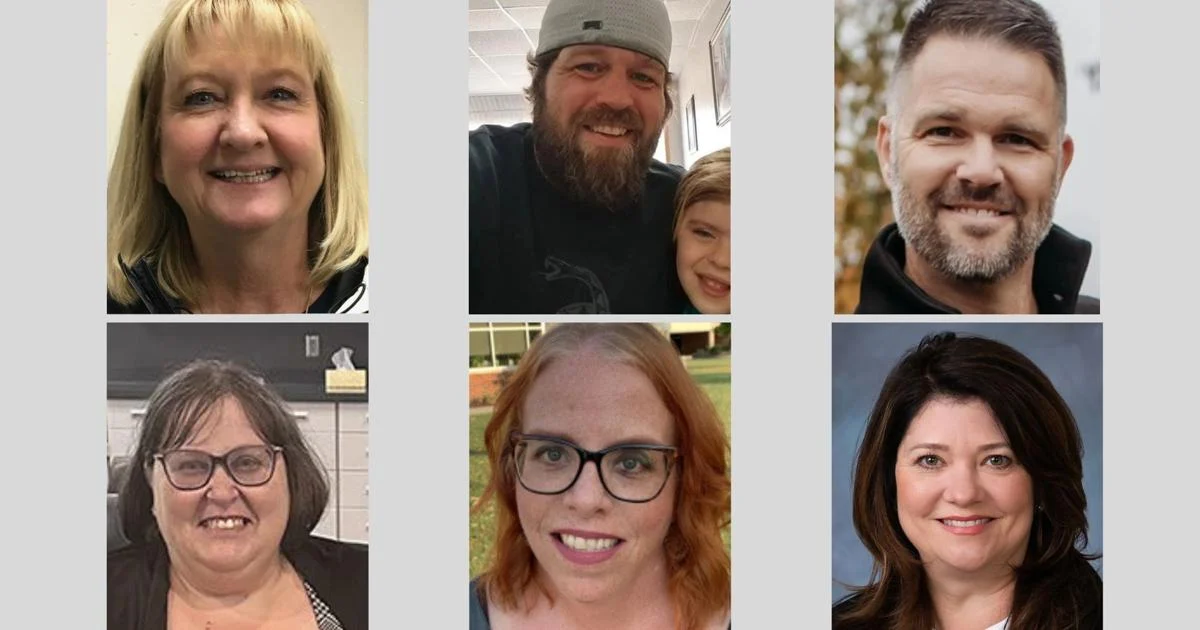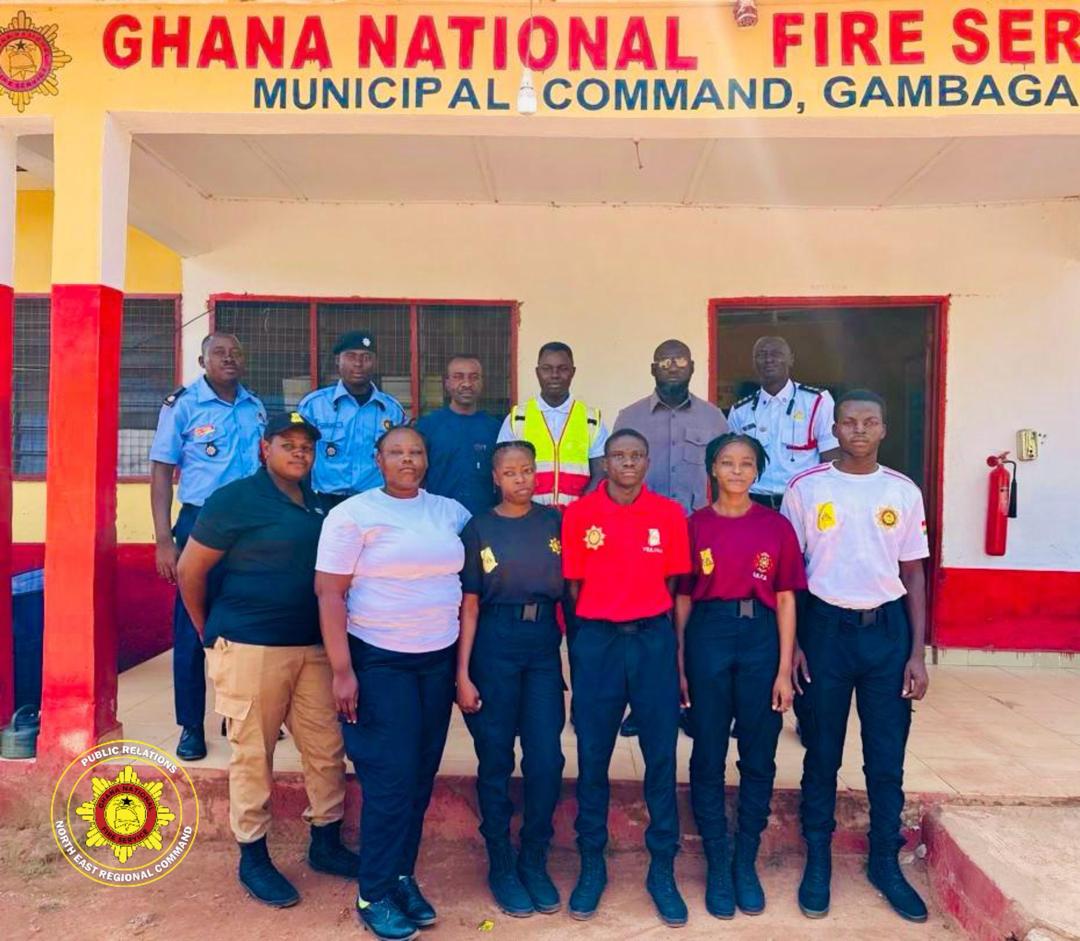Copyright The Boston Globe

And then his beloved wife, Ronny, died of pancreatic cancer in March 2014. Little more than a decade later, in August 2024 he noticed something amiss and diagnosed himself with pancreatic cancer before tests confirmed his suspicions. Dr. Zinner was 80 when he died in his Coral Gables, Fla., home on Saturday. When Ronny was being treated, he recalled in June, “I went from being a provider to being the caregiver, and one of the hardest things that I had to do during her illness was to try to separate being the husband vs. the physician.” At one point her oncologist, one of his dear friends, “essentially told me, ‘Zinner, back off — you’re the husband, you’re not the physician here,’ ” he said. Pivoting to his own diagnosis, Dr. Zinner added: “Fast forward, that same carryover is now my, I won’t say major issue, but it is an issue.” And while “it’s an exaggeration to say it’s a struggle,” Dr. Zinner said, “I have to spend time separating being the patient and listening to my doctors — but also being very knowledgeable about the details of this illness.” At the time of the interview, he had already lived through fraught moments in treatment. Pancreatic cancer is known for being aggressive. “I know how this movie ends, don’t get me wrong,” he said. “I absolutely know how this movie ends. But I’m looking for options, and a plan. And the opportunity for hope.” Throughout his career, he experienced cases when the clouds of cancer’s finality parted — sometimes briefly, sometimes for a decade or more. He often told a story, from his early years, of a prominent Baltimore lawyer whose esophageal cancer had spread to his liver. The lawyer’s other doctors said nothing could be done. His health had deteriorated to where he couldn’t swallow. A then-young Dr. Zinner asked: “ ‘What can I do for you?’ And he literally said, ‘I’d like to be able to have a decent meal with my family at my favorite restaurant in Baltimore.’ ” I can fix that, Dr. Zinner thought, and he performed “a very aggressive operation” that allowed his patient to enjoy that dinner. They parted ways after the operation, or so Dr. Zinner thought. The following New Year’s Day, “out of nowhere I received a bottle of Dom Perignon” from the lawyer with a note “essentially saying, ‘I’m still here.’ ” Like clockwork, a bottle of Dom Perignon arrived each Jan. 1, and Dr. Zinner and Ronny joined the lawyer and his family for their annual dinner at his favorite Baltimore restaurant to celebrate surviving for 20 years after every doctor but Dr. Zinner had said nothing could be done. “And that’s a story I’ve been telling for a very long time,” Dr. Zinner said. “I tell that story to patients who don’t feel they have any hope,” he added. “And I say, ‘We just don’t know, and so we’ll do the best we can in this in-between stage.’ ” If life itself is an in-between stage bridging birth and death, Dr. Zinner did the best he could to also fill it with experiences above and beyond his high-profile career. He was an ardent fisherman, once landing a 400-pound tuna. “There’s no place you can go fishing that isn’t beautiful,” he told the Globe in 2005. After he married Ronny in 1994, she told him: “Well, Mike, if you really want a decent meal, you missed that part of my life. We’re going to have to send you to chef school and you’re going to have to learn to do it yourself.” He became so adept in the kitchen that he served brief stints in kitchens at famous restaurants, such as the Michelin-starred Le Bernardin in New York City. The French restaurant’s kitchen was “very much like the operating room” with its strict hierarchy, he recalled in June, “and I made the parallels there in my mind.” Becoming a cancer patient last year was yet another education, even for a seasoned surgeon. While Dr. Zinner awaited results from regular scans to check the status of his diagnosis, other patients told him about “how anxious they would get prior to the tests and waiting, obviously, for the results. And I found myself in the exact same position. Although I could sympathize with them before, it was much more impactful when it was me and my future and my state of health.” As a health care executive, he said, the experience “made me more responsive.” He insisted that his medical and support staff “be as rapidly responsive to patients as I would want them to be, and as they would want to be themselves.” Dr. Zinner had always made himself more available to patients than most physicians. Even when speaking at civic meetings and community settings, including those who weren’t his patients, he’d put his cellphone number on a whiteboard and tell the audience: “Write this down.” “Yeah, I’ve become more responsive,” he said of the changes wrought by facing a terminal diagnosis, “but I’ve felt that way my entire career.” At 80, and knowing he might not live to the end of the year, Dr. Zinner said that ever since Ronny died a decade ago he had wanted to be able to “look back with no regrets” when he reached his own final days. “And I know that’s a cliché, but I really mean it,” he said. “I’ve had a rich and fulfilling professional career. I’ve had a rich and fulfilling family life. And I feel like I’ve left somewhat of a legacy in terms of the people that I’ve trained over the decades. There are certain things I still want to be able to do, but I have no regrets.”



